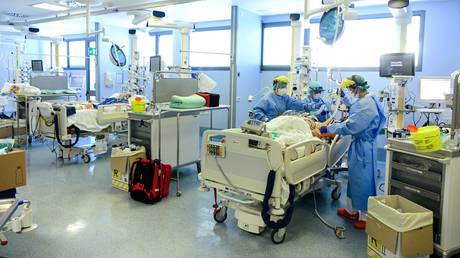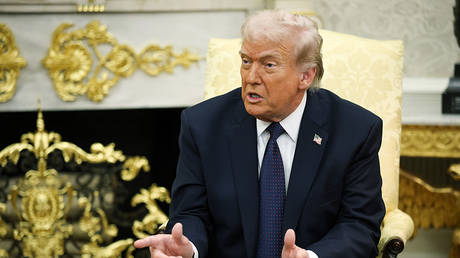
Sustained underfunding in health systems across Europe, and a failure to invest in medical staff left the continent wide open to the Covid pandemic, a report from the World Health Organization (WHO) says.
The WHO report, prepared by former Italian PM Mario Monti and an independent commission of European health and medical experts, and released Tuesday in Copenhagen, called on European states to take immediate action to ensure the lessons of the Covid pandemic were fully learned.
It said the pandemic exposed the sharp inequalities in health systems that were “ill prepared and poorly equipped” to effectively deal with Covid.
“We are calling on government leaders and international organizations to fix the fractures in our societies and stop turning a blind eye to the conditions that allowed the novel coronavirus to inflict such grave damage on the world,” Monti said. “We have a choice: to ignore the evidence and risk being even harder hit in future pandemics, or to heed the warnings and implement the lessons we have learned.”
The commission said sustained underfunding and underinvestment in the health workforce, “often as a legacy of the 2008 financial crisis,” had left many health systems broken.
The report also urged European governments to act “at all levels of society” to tackle inequalities exposed by the pandemic. It said health systems should become more inclusive by ensuring that “everyone, whatever their characteristics, is able to participate in decision-making at all levels and to obtain access to health and social services”.
The commission, which will report again in September, wants European nations to establish a panel on health threats to assess risks and propose solutions to problems arising from human activities such “as climate change, emerging zoonotic infections, and antimicrobial resistance,” and should invest more in measures to reduce threats, provide early warning systems, and improve responses.
It says the G20 should also set up a global health board to predict and mitigate against future threats.
Like this story? Share it with a friend!




